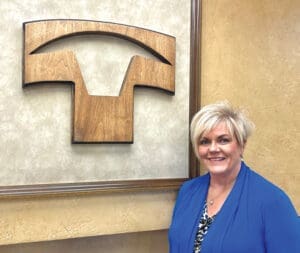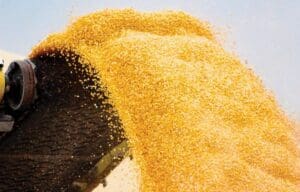By Chris McClure, Contributing Editor
Most of us learn to trade at a fairly young age. For me, it probably started with baseball cards, or maybe it was trading some item in my school lunch for something I preferred that the kid sitting next to me didn’t really want. Those trades were fairly easy because it was usually something I didn’t really want that was involved – like a duplicate card.
When it came time to learn trading at a higher level, I was usually fortunate enough to have someone mentor me through the process, but not always. I got the short end of a few trades that taught me more than the successful ones did. One I remember is negotiating with a neighbor who wanted some shrubbery dug up and hauled off. What was expected to be a homerun turned out to be some of the cheapest labor I ever supplied in exchange for a paycheck; I probably made less than 10¢ per hour on that deal. I learned not to underestimate how much time it would take to complete a project.
I remember the first time I traded for a horse. Some of the advice that comes to mind is 1) whoever names the first price usually ends up the loser; and 2) never give up anything without getting something in return. I let one of the guys who was with me hold about half of my cash so I could make a big show of “But, this is all I’ve got!”
It helped, but I still had to “borrow” a bit from him in order to get the deal done. It seems like I ended up with a bridle, an extra set of reins and a new saddle blanket along with a nice sorrel gelding that could run like the wind. I named him Rayo which means lightning in Spanish.
Most trades are fairly straightforward; it just seems the stakes get higher and higher as we get older. My favorite trades have all been on land. My least favorite is trading for automobiles. I learned to walk away from a deal over an insignificant difference while negotiating the price on buying a car. We walked out over $50 one time and the salesman followed us all the way to our vehicle and tapped on the window as we were about to drive off. He caved to our offer, but couldn’t understand why we would walk away over such a small amount. It was the principle of the thing. If $50 was an insignificant amount for me to be quibbling over, it was certainly even less significant to the car dealership.
Walking away from a deal; holding your line; knowing the value of what you are trading and what you are buying before entering into the negotiation – those are all things we learn the hard way. It’s no different when you hit the international stage and are negotiating trade deals; it’s just a lot more complicated and a lot more people are affected by the process and the results.
Our country has left negotiating trade deals to the politicians for the last 200-plus years. We finally have someone with a business background in charge of those negotiations and it is clear that he went through a lot of that “trading school” the hard way like most of the rest of us. It doesn’t make it any easier when you have to walk away and hope the other guy will come chasing you as you pull out of the parking lot.
Hopefully the trade deals that seem to be coming together finally will have a long-term, positive impact on the cattle industry. It’s about time we got some good news. It’s clear we won’t get everything we want in any trade deal – that’s just the nature of trading. The real issue, though, is that ignorance is rampant and the “Flat Earth Society” seems to be influencing more people than scientists do. There will be hoops to jump through on any deal. Those hoops will add to our production cost and erode the advantages we have over much of the world in how we efficiently produce beef.
There is significant price disparity for beef among different countries. It is partly due to the various negotiated trade agreements between different trading partners, but it is also due to differences in quality. That’s where we have the advantage – the highest quality beef on the planet comes from the United States, and the rest of the world knows it.
There are a few exceptions – pockets of production in other countries that reach our standards – but, they can’t compete on volume. Trade deals are a good thing, but the world economy isn’t static. When ours is done, someone else will be working on theirs.





